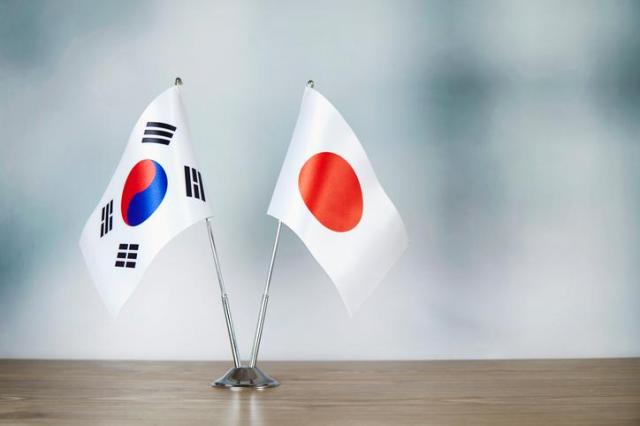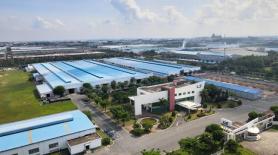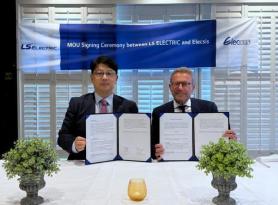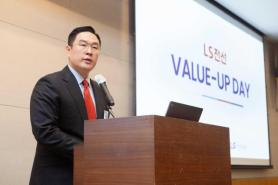
Editor’s Note: Aju Business Daily is publishing a special series to mark the 60th anniversary of the normalization of diplomatic ties between South Korea and Japan. The series reflects on the renewed relationship between the two neighbors.
SEOUL, September 30 (AJP) - As artificial intelligence drives a surge in global electricity demand, South Korea and Japan are positioning themselves as unlikely but pragmatic partners in rethinking the future of power infrastructure.
Park Tae-geun, chief executive of LS Electric Japan, said the two countries’ complementary strengths could help overcome some of the most pressing challenges in energy efficiency. Japan brings more than a century of expertise in alternating current (AC) technology, while South Korea has emerged as a leader in high-voltage direct current (HVDC) systems.
“AC technology is still dominated by the United States, Europe and Japan,” Park said in an interview in Tokyo. “But South Korea’s HVDC is highly competitive. Together, we can chart a path forward.”
The stakes are rising quickly. The International Energy Agency projects that electricity consumption by data centers will double by 2030, a surge driven by the computing power needed for artificial intelligence. Direct current (DC) distribution systems — more than 10 percent more efficient than conventional AC — are increasingly seen as essential for powering next-generation data centers.
South Korea has already notched key milestones, including the creation of international standards for medium-voltage DC and the localization of HVDC transformer technology. Japan, with its longstanding grid know-how, offers a foundation for scaling the systems across Asia.
The collaboration is already taking shape. LS Electric is working with Kyudenko, a subsidiary of Kyushu Electric Power, to supply HVDC transformers for a 470-megawatt solar project on Ukujima Island. The companies also see opportunities in Japan’s growing market for battery energy storage systems.
Perhaps the most ambitious idea is what some executives call a “Korea-Japan Energy Highway” — an undersea grid connection linking Busan to Kyushu via Tsushima Island. Such a project, if realized, could stabilize power prices, accelerate renewable energy adoption and serve as a regional model for cross-border cooperation.
CEO Park acknowledged that the plan will require more than corporate initiative. “For this to succeed, political and diplomatic support is indispensable,” he said.
* This article, published by Aju Business Daily, was translated by AI and edited by AJP.
Copyright ⓒ Aju Press All rights reserved.



